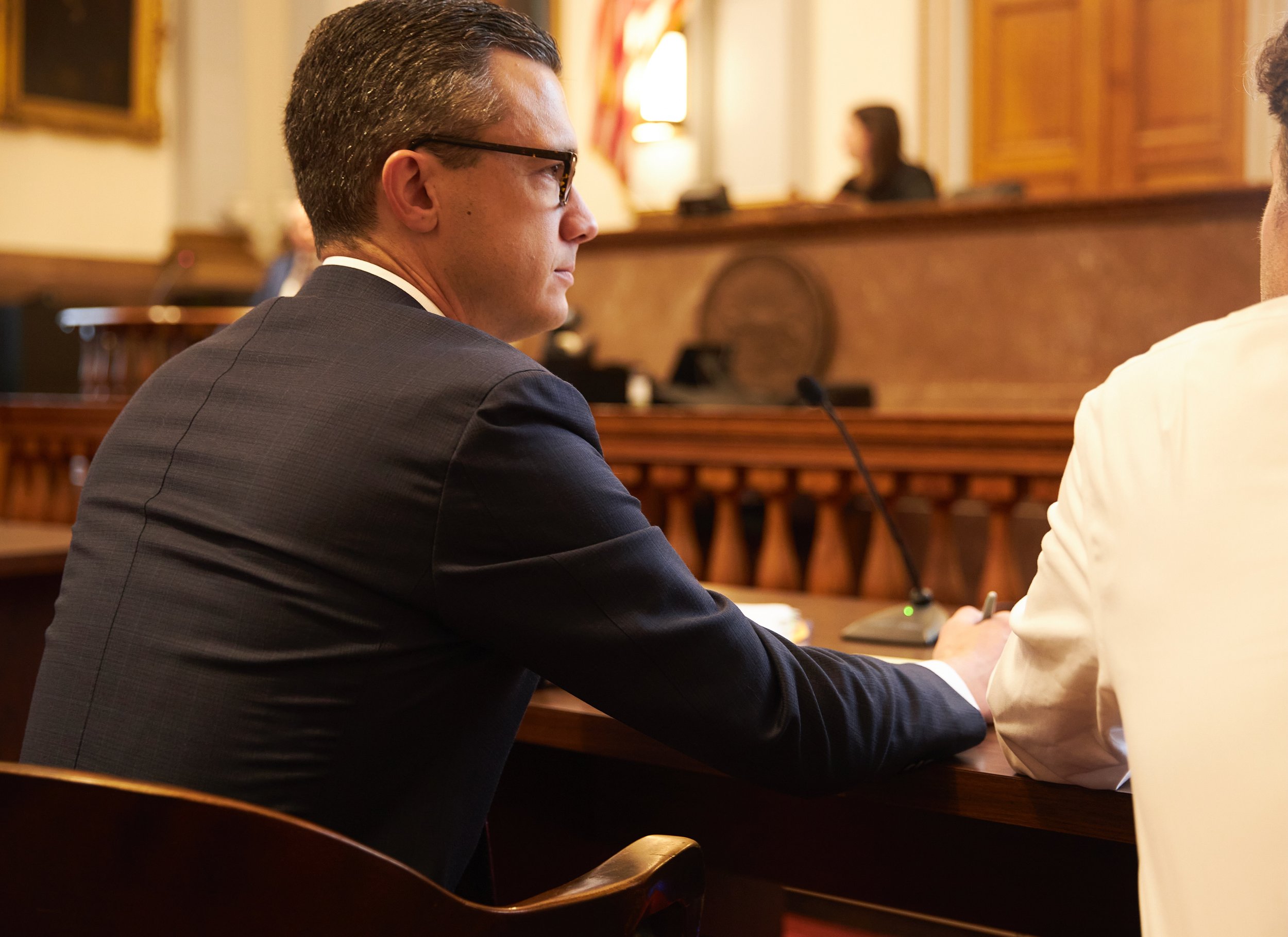How a Lawyer Can Help with Your Habeas Corpus Request
How a Lawyer Can Help with Your Habeas Corpus Request
Blog Article
The Details of Declaring a Habeas Corpus Application: A Guide for Seeking Post-Conviction Relief
Browsing the complexities of filing a habeas corpus petition is an essential action for individuals seeking post-conviction alleviation. By exploring the details of this important legal device, individuals can reveal prospective avenues for tough convictions and inevitably aim for reasonable results.
Understanding Habeas Corpus Applications
When seeking to recognize habeas corpus petitions, it is crucial to realize the fundamental lawful principles underlying this effective legal treatment (Lawyer). Habeas corpus, a Latin term definition "you shall have the body," is a lawful activity that enables people to look for remedy for illegal apprehension or imprisonment. This centuries-old writ functions as a guard against approximate state activity by offering a device for people to challenge the validity of their arrest
The keystone of a habeas corpus application is the assertion that the petitioner's constitutional legal rights have been gone against, causing their unlawful detention. This can include claims of due process offenses, inefficient aid of counsel, newly found evidence, or perhaps jurisdictional mistakes. Habeas corpus petitions typically develop in the context of criminal process, where people test the validity of their sentences or the problems of their arrest.

Grounds for Declaring
There are numerous legal premises on which people might file a habeas corpus request, each acting as a basis for testing the lawfulness of their apprehension. These premises generally consist of constitutional violations, inefficient help of advise, newly discovered evidence, prosecutorial misbehavior, and jurisdictional issues.
Constitutional infractions form a common basis for submitting a habeas corpus petition, including insurance claims such as offenses of the right to a reasonable test, due procedure, or defense against terrible and unusual punishment. Inefficient help of advice cases emerge when an offender's lawful representation throughout the trial or charm was so lacking that it weakens confidence in the result. Recently discovered evidence, if shown to be material and likely to change the outcome of the instance, can additionally warrant habeas relief. Prosecutorial misconduct involves unethical or prohibited conduct by the prosecution that bias the offender's legal rights. Lastly, jurisdictional issues may occur when the court that convicted the individual did not have the authority to do so, giving a basis for testing the detention via a habeas corpus application.
Procedural Requirements
Understanding the step-by-step requirements for submitting a habeas corpus petition is necessary for ensuring that the lawful process is complied with properly and properly. One fundamental procedural requirement is the exhaustion of state solutions. This implies that prior to a federal court can think about a habeas corpus application, the petitioner needs to have initially presented the cases in state court and pursued all offered methods of relief. Failing to wear down state treatments can cause the federal court rejecting the request.
In addition, there are rigorous time frame for filing a habeas corpus request. The Antiterrorism and Effective Execution Act (AEDPA) enforces an one-year statute of restrictions, beginning with the day on which the sentence came to be last. Nonetheless, this deadline can be subject to specific exceptions based on certain conditions.
Furthermore, procedural requirements mandate that a habeas corpus petition should include all pertinent cases and supporting proof. Incomplete or insufficient petitions may be dismissed or delayed, emphasizing the value of detailed prep work and adherence to step-by-step policies in seeking post-conviction relief through habeas corpus.
Testing Sentences
Just how can individuals Visit Website successfully challenge convictions via the procedure of filing a habeas corpus request? Testing sentences through a habeas corpus petition entails offering lawful arguments that demonstrate a violation of civil liberties, step-by-step mistakes, or new evidence that was not readily available throughout the original test. To be successful in testing a conviction, petitioners must reveal that there was an essential defect in the criminal process that led to a wrongful conviction or an unjustified sentence. This might consist of inefficient assistance of guidance, prosecutorial misbehavior, recently discovered proof of virtue, or violations of the petitioner's civil liberties. Attorney.
When filing a habeas corpus request to test a sentence, it is vital to follow rigorous step-by-step requirements, present engaging lawful disagreements sustained by evidence, and verbalize exactly how the claimed errors influenced the justness of the trial. new mexico habeas corpus attorneys. Looking for the support of seasoned attorneys or organizations focusing on post-conviction alleviation can considerably improve the possibilities of an effective result when testing convictions with a habeas corpus request

Safeguarding Fair Outcomes
To achieve reasonable results in tough sentences through the declaring of a habeas corpus application, individuals have to diligently analyze the legal basis for their cases and existing engaging proof sustaining their assertions. Securing reasonable end results in post-conviction alleviation proceedings calls for a comprehensive understanding of the legal system, attention to information, and critical preparation. It is necessary to have a clear strategy in place, laying out the particular grounds for the petition and exactly how today evidence lines up with lawful disagreements.
In addition, people looking for post-conviction relief needs to abide by all procedural demands and deadlines to guarantee their petition is considered by the court. Failure to satisfy these requirements might lead to the dismissal of the request without the benefits being examined. Additionally, involving the services of skilled attorneys, such as lawyers concentrating on habeas corpus requests, can substantially enhance the chances of safeguarding fair results.
Final Thought
To conclude, the complexities of filing a habeas corpus petition for seeking post-conviction alleviation include understanding the premises for filing, meeting procedural requirements, testing convictions, and protecting fair outcomes (kansas federal habeas corpus attorneys). It is very important to very carefully browse the lawful process to make certain the very best opportunity of success in looking for alleviation through this opportunity. Understanding the complexities of habeas corpus petitions is necessary for individuals looking for to test their convictions and get justice
Report this page